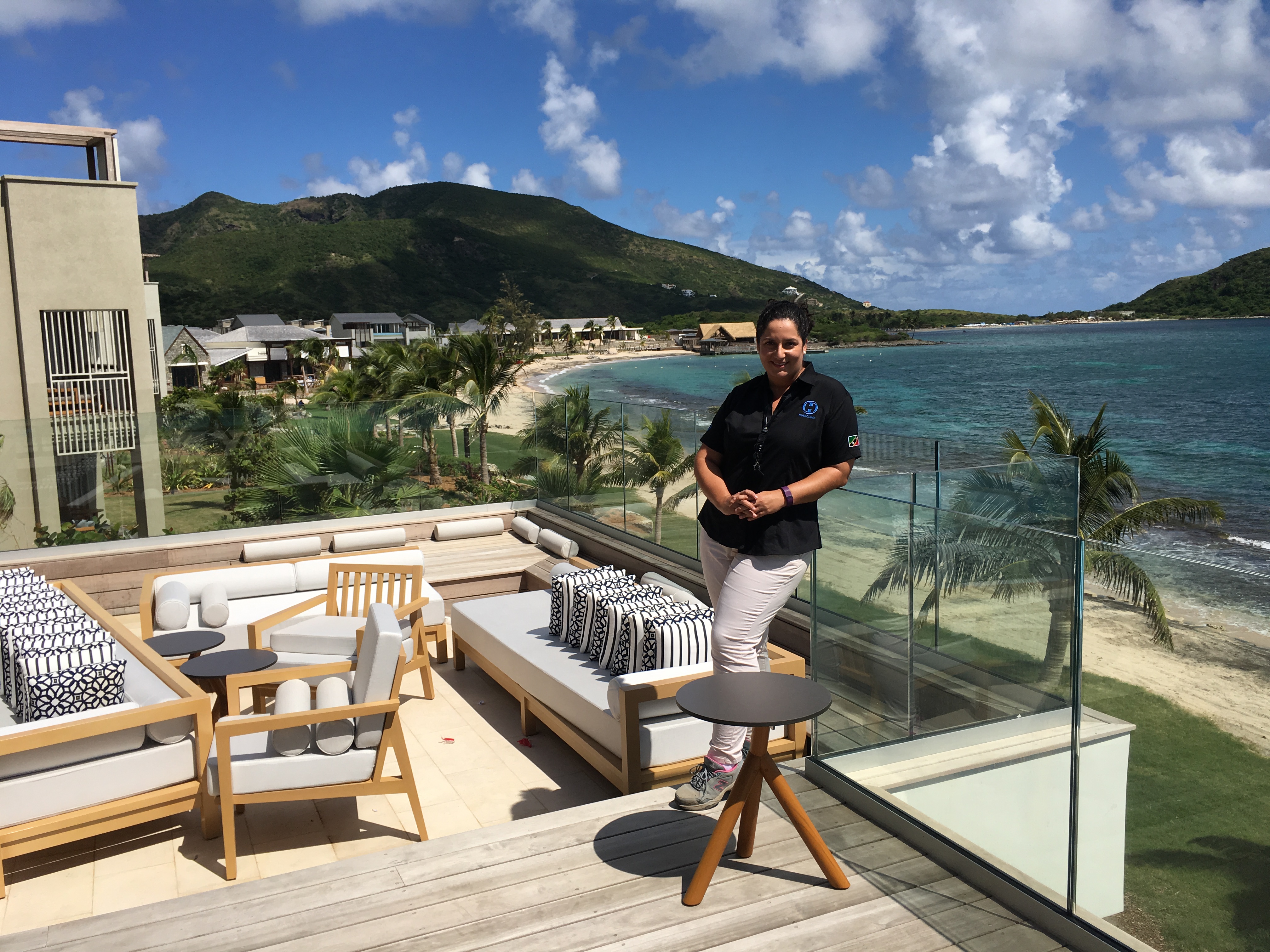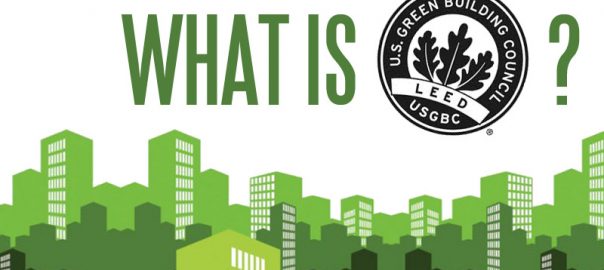
September 04, 2019
It is not always easy to combine office work with on-site activity. Today we spoke with Maria Fernanda Ramirez (Nandy), one of our engineers about some of the projects she has been involved in.
St.Kitts, St. Martin, Jamaica, Mexico, Haiti, the Dominican Republic..., looking back, did you intend to live with your suitcase packed?
Not at all, I've always wanted to live on my island and going abroad on holidays, but my working life has offered me experiences that I could not refuse. I wish I had this opportunity before because I would be still there.
When you have the opportunity to stay in a project for a while, do you have time enough to know more about the country where the work is being developed?
Working abroad is always very intense. In the Caribbean we use to work for many hours and at least 6 days a week, but I always want to get to know new places, so I make the most of my time off, that it is also a way to rest mentally.
Does the "sites" resemble each other regardless of the country you are in?
Except for Haiti that it was a city hotel, I have been working in luxury resorts quite similar between them.
Tell us something you would highlight about each of the countries where you have been working in.
Caribbean countries share something in common, they enjoy every day as if it were the last one in every way and with some carelessness for the future. This I would have loved to internalize because without any doubt, it is a philosophy of life that would allow us to live happier.
But referring to each country in particular, I would highlight that Dominican life is always accompanied by music, from Haiti, the bustling Puerto Principe, from Mexico, its culture. I arrived to St. Martin after the hurricane and it is lovely any way but St Kitts took my breath away, with its wonderful beaches and paradisiacal landscapes.
Is there anything that travels with you wherever you go or any activity that you always do, that you cannot stop doing wherever you are?
I always travel with my bikini and snorkel goggles. I try to bathe on the beach as many times and days as possible and to learn a little about the seabed.
What do you like most about your job?
It is very gratifying to see how you step by step build something you'd only seen projected on paper and it runs smoothly. Give solution to unforeseen events that in the end is what teaches you the most.
And the least?
The amount of work that is usually done under pressure and family uprooting. It's terrible when you realize that you have seen your family and friends four times in two years.
Does it make it easier to carry out your job the fact of having worked on site when you return to the office? Would you say that it would be essential for all engineers to be on the site of a project that they have helped to build?
Sure, you can carry out a better job because you already know what may turn wrong or inconvenient on site.
I think it is very positive that people who have studied the project are those who end up implemented it. It is very advantageous for all purposes to have as much control of the project from the very beginning.
What are the different tasks that you have accomplished on site?
The first time I went abroad was to visit the Renaissance Jaragua Hotel in Santo Domingo (a hotel that was going to be refurnished) in order to prepare a better bid. From there I went to Jamaica where I met the lighting designers of the Hyatt Hotel to coordinate and proceed with the purchase of lighting fixtures. That same Christmas I joined the last stage of the construction of the Hotel Marriot in Haiti helping with data collection for programming the fire detection system. A couple of months later I was in Cancun, designing both the lighting system and fire detection in another Hyatt resort. My longest period abroad was the time I spent in a project in St Kitts where I headed the electrical works, later in St Martin I started to collect data for a technical / economic assessment of a hotel located in a country devastated by Hurricane Irma.
It is not that easy to answer that question because I have played different roles.
How do you prepare for a "deadline?
Trying to have the work as advanced as possible so to leave to the end just what it is essential and inevitable.
What country among those you have worked in would you like to return as a traveller.
Mexico, it has countless regions, jungles, ruins, beaches, cities that I would love to know.
How do you get along with food?
Eating has never been a problem for me, I quickly adapt myself and do not usually miss the food from our country. It is true that in Spain we eat very well, there is varied and healthy food (if you want to) and that's something that after several months in the Caribbean you missed, eating healthy at a moderately price.
Does it affect your work somehow being female? What it is the average of female staff on the sites you have been?
I've been lucky, I've never felt treated differently in a work for been a woman, also I have a strong personality and in my opinion that helps.
Female representation is always lower compare to the male staff, but that is also changing. What I have realized is that the presence of women on site usually it is related with works such as accounting, administration and CAD rather than engineering/ technical positions.
After the experience gained over these years, what advice would you give to an engineer who is just starting out?
Working abroad is the fastest and best way to grow personally, professionally and economically and that the best time to do it is when you have energy enough, ability to learn and no commitments, because that's when you get the most out of the experience.
Latest
news

Blog
KNX or how home automation makes life easier
The KNX system increases the value of houses or buildings. Technology helps to a more efficient management of resources.
December 19, 2018
Energy Saving Measures and Efficiency in Hotels
Humiclima has attended the workshop sponsored by CIAT, Danfoss and Wilo.
Blog
What is the LEED Certification?
LEED © or Leadership in Energy & Environmental Design is the green building certification program most used worldwide.


